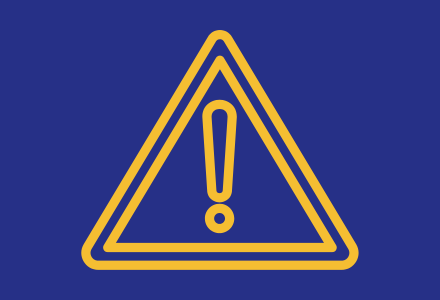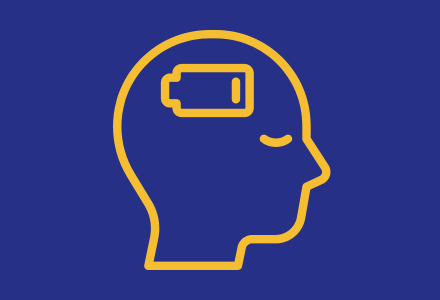Our Advice Centre is open today from 10:00am – 5:00pm

Depression & feeling low
Information on depression and tips to help if you’re feeling low
What is depression?
Depression is a mental health condition where you have constant low mood for a long period of time.
It will be different for everyone and you can experience a wide range of emotions. Symptoms include feeling sad, upset, angry, tired and numb. You may notice yourself starting to avoid everyday situations like going to school, college or work and not wanting to see friends or family.
Is depression different to just feeling low?
Yes. We all have days where we have little energy or feel rubbish, but depression is when we feel like that for days, weeks, or longer.
When we feel low, there may be things that can cheer us up, or get us out of that mood, but it’s not the same for depression as it’s not something you can snap out of.
What does depression feel like?
There are lots of different things you can feel if you’re depressed. These feelings may range in intensity and may come and go.
Things you can feel or experience include:
– Extreme sadness over a certain thing, or for no reason in particular
– Fatigue and tiredness
– Anxiety
– Feeling stressed or overwhelmed easily
– Feeling like there is a weight dragging you down
– Finding it hard to carry out everyday tasks
– Lacking motivation to do the things you enjoy, or socialise with others
– Feeling numb, as if you can’t feel any emotion
– Feeling as if you don’t want to be here, or you don’t want to live anymore.
What can cause depression or feeling low?
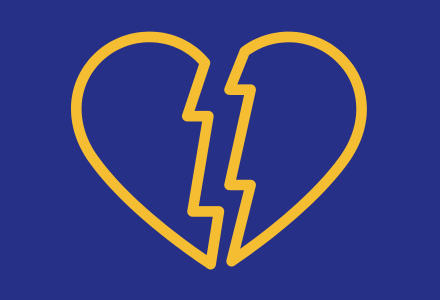
Life events
Things like bullying, a break-up, job loss or someone close to you dying will make you feel really down, but they can also trigger reactive depression (depression caused by a sudden traumatic life event). This doesn’t mean that it is something that will last forever.
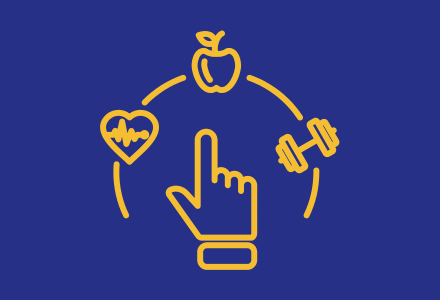
Lifestyle
Not having a balanced diet or eating healthily, and not getting enough sleep can make it difficult for you to function like you should. Addressing any underlying issues around food and sleep can be an important part of improving mental health and wellbeing.
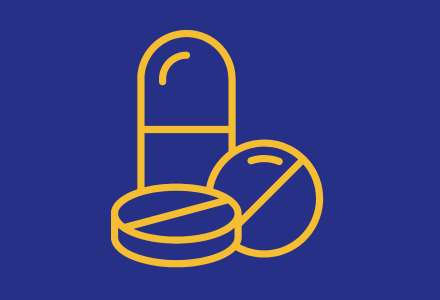
Medication, drugs and alcohol
Depression or low mood can sometimes be a side effect of medicines, and while drugs and alcohol can make you feel good in the short term, they can make you feel worse in the long term.

The seasons - Seasonal Affective Disorder (SAD)
SAD is a type of mood disorder where you feel low due to seasonal changes. Some people will find the effects are worse during the winter, but you can also experience it in the summer.
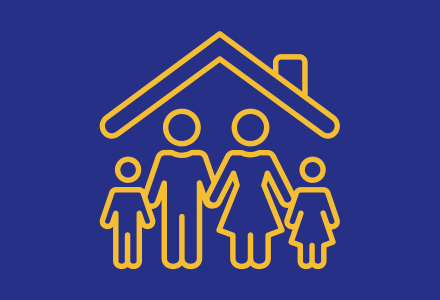
Family and experiences
If someone in your close family, like a parent, has experienced depression or low mood, you may be more likely to yourself. This could be because of things like having a similar upbringing and shared experiences.
Important
While the tips on the next page may help you in the short or medium term, getting support for the root cause of your feelings, like any trauma or issues you’ve experienced, is an important part of your long term recovery and growth. Details of how you can talk to No Limits and other helpful organisations are further down the page.
What can I do if I feel depressed or low?
 Talk to someone you trust
Talk to someone you trust
You should never feel like you have to go through anything alone, especially concerning the way you feel. Talking to someone can help you to unload how you’re feeling and is often the first step to tackling your issue. Talk to someone who you trust and think will support you – this could be a friend, family member, No Limits worker, teacher or someone else.
 Take baby steps
Take baby steps
When you feel low, everything is 10 times harder than usual. Make sure you take things slowly and feel proud of every small thing you do. Don’t beat yourself up if you think you haven’t done much – each small step is positive. Even simple tasks like getting out of bed, having a drink or cleaning your teeth can be challenging. However, they are all small, positive steps.
 Look after your physical health
Look after your physical health
When we eat healthily or exercise, we feel good about ourselves. Eating the right food gives our body the right nutrients to be able to function properly, which is important when trying to maintain positive mental health. Your body also releases endorphins, serotonin and dopamine when you exercise, which all make you feel better.
If you feel you’re not doing these, try gradually making changes in your lifestyle so you are eating healthily and exercising. You’ll find it easier to adjust slowly, rather than throwing yourself in at the deep end.
Make sure you’re getting enough sleep, too, as not getting enough contributes to feeling low. Try and aim for eight hours a night.
 Try mindfulness
Try mindfulness
Mindfulness is a great way to clear your head and feel calm. Lots of things count as mindfulness, like colouring, a slow walk in fresh air and breathing techniques. It’s really just about being present in that moment, noticing the things around you and your body. Think of it like a soft, warm, wet flannel around your head.
Find out more about mindfulness from Mind.
Find out more
 Make a self-care list
Make a self-care list
Think of the things that you love and you can go to when you’re feeling down. Write them down and keep the list somewhere so you know what to do and what to get when
you don’t feel great. It could be things like your favourite film or TV show, a cosy hoodie and slippers, or your favourite hot chocolate.
 Use our wellness journal
Use our wellness journal
The journal includes a selection of mindfulness techniques, coping mechanisms and practical lists that will help guide you through your thoughts and feelings, helping you to be more in control of your health and wellbeing. There’s also space to jot down your thoughts and map out your goals, some top tips on how to keep fit and healthy, as well as some creative space for drawing and reflecting on your week.
Download the journal here:
Download
How can I help someone who is depressed or feeling low?
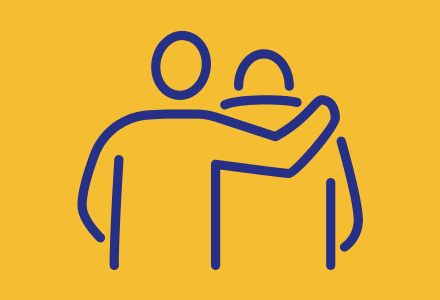
Let them know you're there
Making sure that they know they’re not alone is really important. When you feel low, you can feel really isolated from everyone, even if you’re surrounded by people, so telling them they have someone they can go to will help keep them connected.
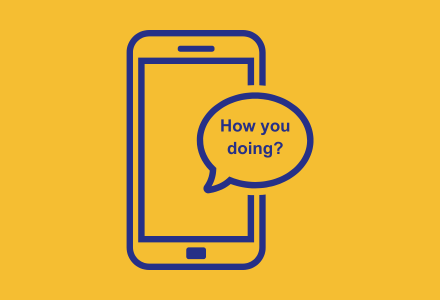
Keep checking in on them
Regular contact means they have a regular place to say how they’re doing and how they’re feeling. If someone feels they don’t have anyone to talk to, they may bottle up their feelings which could make things worse.

Reassure them that their feelings are valid
They may be feeling embarrassed because they’re finding things difficult, or be worried about being judged. It might help to remind them that the way they are feeling is okay and that they shouldn’t feel ashamed. This may also help them to open up about how they’re feeling.
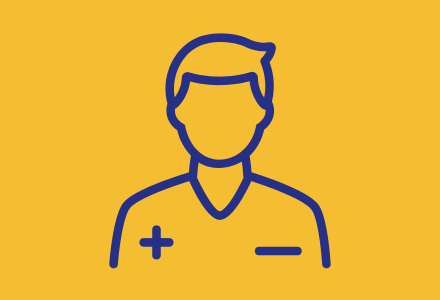
Support them to get further help
If you’re worried about them, try and support them to reach out for further help from a professional, like their GP or a No Limits worker. Getting support from somewhere can be daunting, even if it’s the right thing to do, so helping them with practical things like making contact or booking appointments can be a big help.
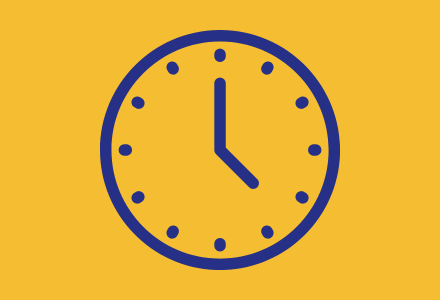
Be patient
It may take them a while to get better, but that is okay. Some people feel better after days, while for others it could take months or years. They might have ups and downs along the way, but every good day they have is a really positive step and on their bad days, you can remind them of this.
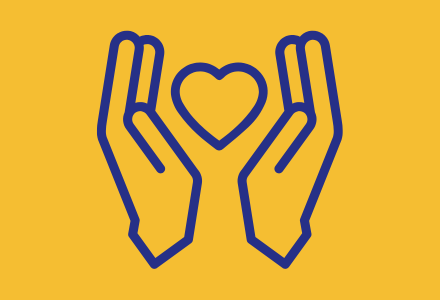
Look after yourself too
You can feel a lot of responsibility for looking after someone, especially if that person is close to you, so it can weigh down on you. Make sure you give yourself time to breathe, relax, de-stress and talk to someone if you need to. Sometimes you might need to prioritise yourself over others, but that is okay. Remember, you can’t look after someone well if you’re not looking after yourself.
Want to talk to No Limits?
We have a range of mental health and wellbeing services for children and young people under 26 in Southampton, Hampshire, Portsmouth and the Isle of Wight, including therapeutic support from counsellors and youth wellbeing practitioners, our out-of-hours Safe Havens for young people experiencing a mental health crisis, and our Advice & Wellbeing Hub which offers you ways to get support from trained youth workers without having to wait.
Find out moreI want to find out more
These websites have more information on anxiety and panic attacks:
– CAMHS – Depression (low mood) – Click here
– Mind – Depression – Click here
– YoungMinds – Depression – Click here
– YoungMinds – Down and unable to cope – Click here
24/7 mental health support
You can also contact these organisations for support. All support is free, available 24/7, 365 days a year.
– Papyrus – Phone service for people under 35 experiencing suicidal thoughts. Call their Hopeline on 0800 068 4141
– SHOUT – Anonymous text service for people struggling with their mental health – Text ‘HANTS‘ to 85258
– Samaritans – A phone service for if you need someone to listen to you. They won’t offer you information or advice, but they will listen – Phone 116 123

